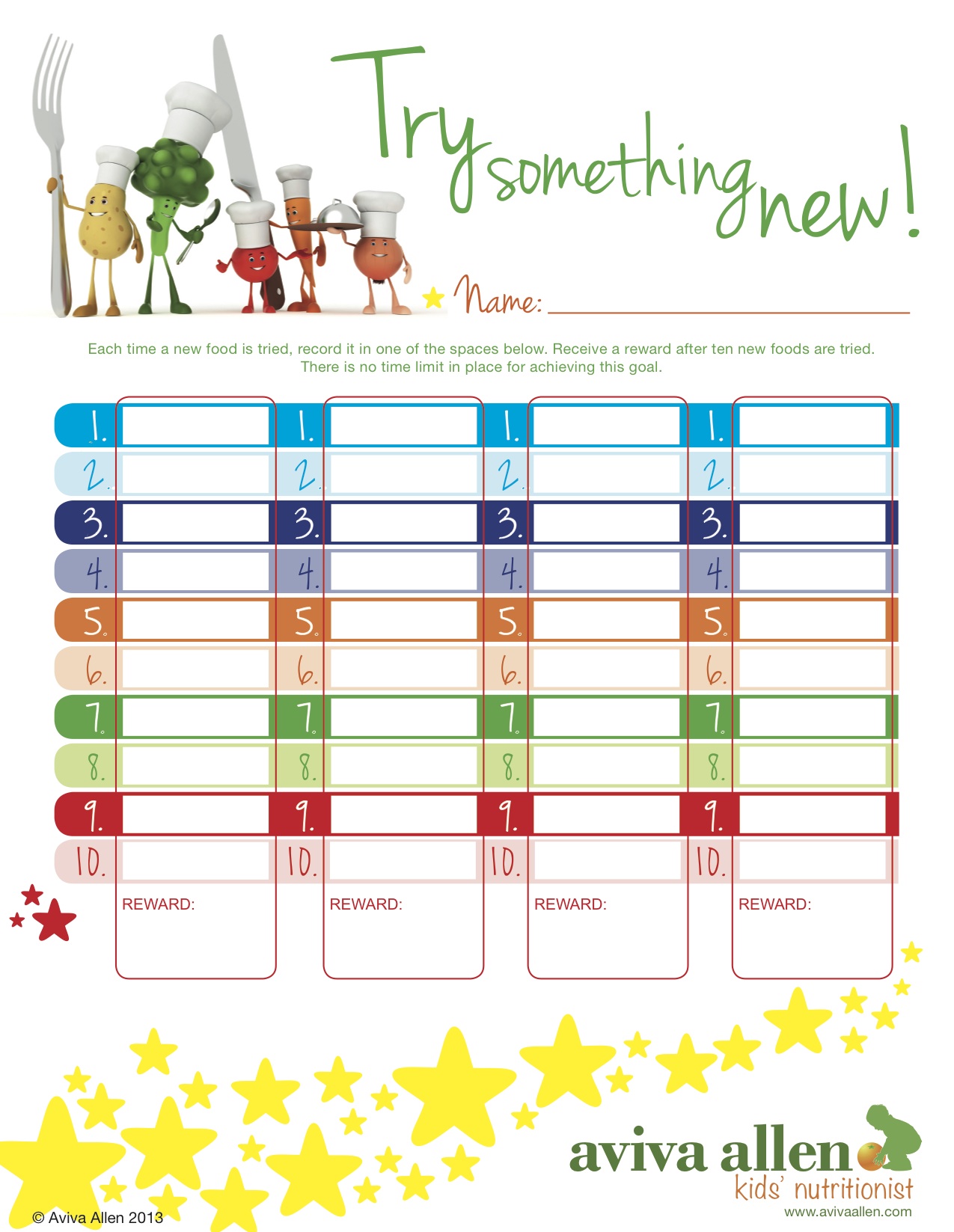 We all strive for the healthiest pregnancy possible and do our best to eat a nutritious diet. There are many factors, however, that can make this a challenge including lack of time, nausea and vomiting in pregnancy and food aversions, to name a few. Nutritional supplements can often help fill the gaps but making sure you are taking the right ones at the right times is essential. As a nutritionist, I recommend that my clients try to get their nutrients from food as much as possible, but there are certain nutrients that can be more difficult to get from diet alone.
We all strive for the healthiest pregnancy possible and do our best to eat a nutritious diet. There are many factors, however, that can make this a challenge including lack of time, nausea and vomiting in pregnancy and food aversions, to name a few. Nutritional supplements can often help fill the gaps but making sure you are taking the right ones at the right times is essential. As a nutritionist, I recommend that my clients try to get their nutrients from food as much as possible, but there are certain nutrients that can be more difficult to get from diet alone.
Here are 5 important nutrients that you (and your baby) may benefit from supplementing with*:
Folic Acid
What is it for: Prevention of fetal neural tube defects.
When to take: Prior to conception and during the first trimester.
How to take: With food.
What to look for: Folic acid that also contains vitamin B12 (liquid or chewable is better absorbed).
Iron
What is it for: Prevention of iron deficiency or depleted iron stores which can lead to fatigue, lowered resistance to infection or anemia.
When to take: There is an increase in blood volume starting in the second trimester and it is very hard to raise ferritin levels (iron stores) at this point. It is therefore ideal to start supplementing in the first trimester. Some women can experience nausea from iron supplements. Try taking with food and in the evening, instead of in the morning.
How to take: Away from calcium supplements, antacids, dairy products, coffee/tea as these will inhibit iron absorption. Take with vitamin C to increase absorption (either in supplement form or food sources).
What to look for: Highly absorbable iron supplements such as Floradix tend to be easier on the digestive system (less likely to cause nausea or constipation compared to other forms of iron).
DHA (omega 3 fatty acids)
What is it for: Proper brain development of the baby. Also reduces risk of postpartum depression. Hard to get from diet, especially if you are avoiding fish due to pregnancy related aversions or high levels of toxins in most of the fish rich in omega 3 fats.
When to take: Most important in 3rd trimester and while breastfeeding.
How to take: With food.
What to look for: DHA from fish oils are absorbed well, or vegetarian formulas which contain oils from plant algae. Look for high quality brands that do independent testing for heavy metals and other toxins. Liquid form is better absorbed and ideal if you have trouble swallowing large pills. However, if you are experiencing nausea or sensitivity to smells, you may prefer capsules rather than liquid.
Probiotics
What is it for: Beneficial bacteria that is essential for immune and digestive health.
When to take: Helpful throughout the pregnancy, particularly if you have a weak digestive system, are prone to UTI's or yeast infections or have recently taken antibiotics. Especially helpful in the third trimester if you plan to have a vaginal delivery, to help the baby build a strong immune system and reduce the risk of allergies.
How to take: With food (during a meal or shortly after).
What to look for: High quality formulas that contain human strains of probiotics, including Lactobacillus Acidophilus. Look for a refrigerated product that contains at least 3-5 billion CFU.
Vitamin D
What is it for: Great for the immune system, moods, improved absorption of calcium.
When to take: During the months of October-April, or year-round if you wear sunblock during the warmer months.
How to take: Take daily w/ food.
What to look for: Liquid form is easy to take. Vitamin D in the form of D3 is better absorbed than D2.
* Always consult your doctor or midwife before starting any supplements during your pregnancy. For information on specific dosages, speak with a qualified healthcare practitioner for recommendations specific to your needs.
Aviva Allen, RHN is a Toronto nutritionist specializing in prenatal, infant and child nutrition. Click here for more information about Prenatal Nutritional Consultations.
 Use the download link below and print out as many copies as you need. I highly recommend printing in colour.
Use the download link below and print out as many copies as you need. I highly recommend printing in colour.




